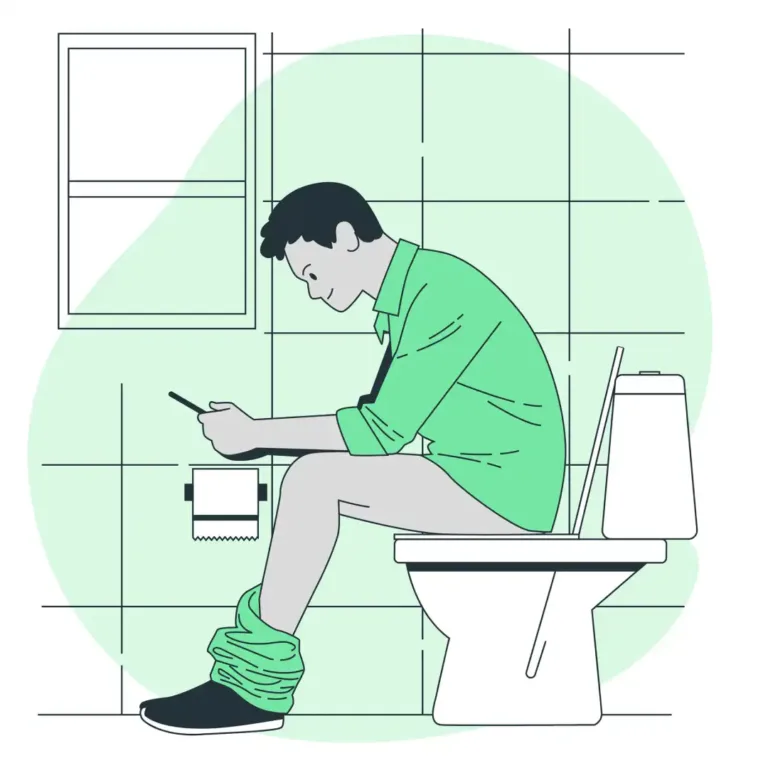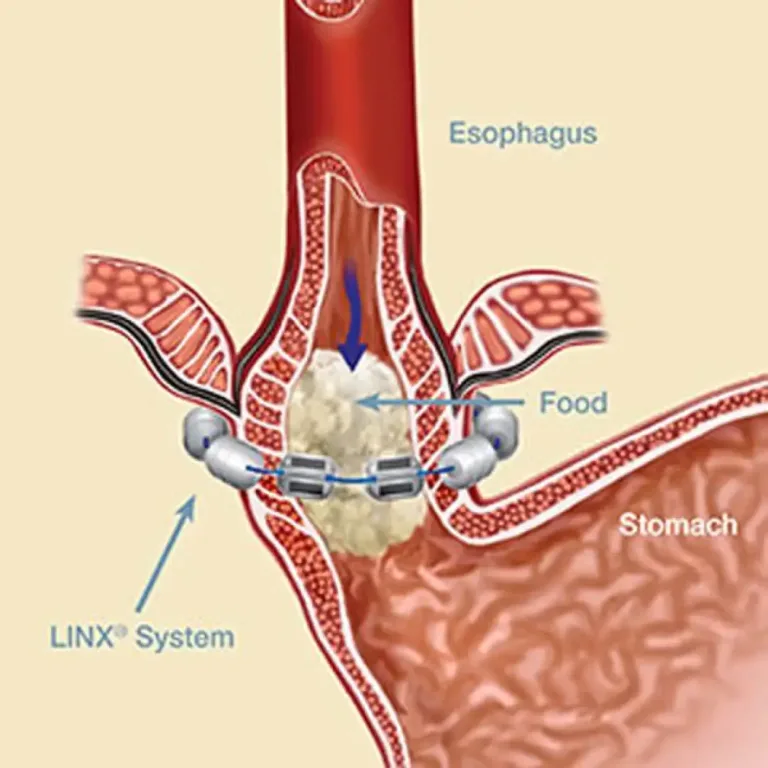Irritable bowel syndrome (IBS) is a common digestive condition that affects millions of people worldwide. It is estimated that 10 – 15 percent of the population has IBS. This condition is not limited to a specific age group and can affect people of all ages, although most people affected by IBS are under 50.
The symptoms of IBS can be distressing and can include bloating, flatulence, tiredness, stomach cramps, diarrhoea or, in some cases, constipation. The symptoms can be intermittent or ongoing and can affect people moderately or more severely, with some people finding that their symptoms interfere with daily life. Women may find that their symptoms are worse during their time of menstruation or if they have continuous symptoms.
Doctors do not fully understand the causes of IBS, but there is a strong association with diet and stress, leading to oversensitivity of the nerves in the gut. This oversensitivity may cause food to pass through the gut too quickly or too slowly, leading to diarrhoea or constipation. There may also be hereditary factors that make it more likely for you to develop IBS, or a previous bacterial infection in the gut, known as post-infectious IBS. Doctors have some understanding of the physical process in the gut which leads to symptoms, including a slowing down of movements in the large intestine which causes cramping, and abnormal serotonin levels in the large intestine, which affects bowel movements.
There is no known cure for IBS, but it can be managed with lifestyle changes and medication. If you suspect that you have IBS, it is important to see an IBS specialist. An IBS specialist is a gastroenterologist who specializes in diagnosing and treating IBS. IBS shares symptoms with other conditions, so it is crucial to rule out other similar conditions. An IBS specialist will not only diagnose your condition but also give you detailed advice on how to manage it.
To diagnose IBS, you will need to tell the IBS specialist about the kinds of symptoms you are experiencing, when they started, and whether they are occasional or happening all the time. You will also need to let them know if your symptoms are worse after eating particular kinds of food. Keeping a food diary plus a note of your symptoms will help you remember this information and manage the problem later. Because the causes of IBS are unclear, there is no actual test for the condition. Your doctor may run blood tests and take stool samples to rule out an infection, coeliac disease or inflammatory bowel disease. Once these other causes are ruled out, your doctor can give you an IBS diagnosis.
In conclusion, IBS is a common condition that can affect anyone, and its symptoms can be distressing. However, it can be managed with lifestyle changes and medication. If you suspect that you have IBS, it is important to seek the advice of an IBS specialist who can diagnose your condition and provide you with the necessary information to manage it effectively. Remember, self-diagnosis is not a good idea, and it is essential to rule out other similar conditions to receive an accurate diagnosis.





